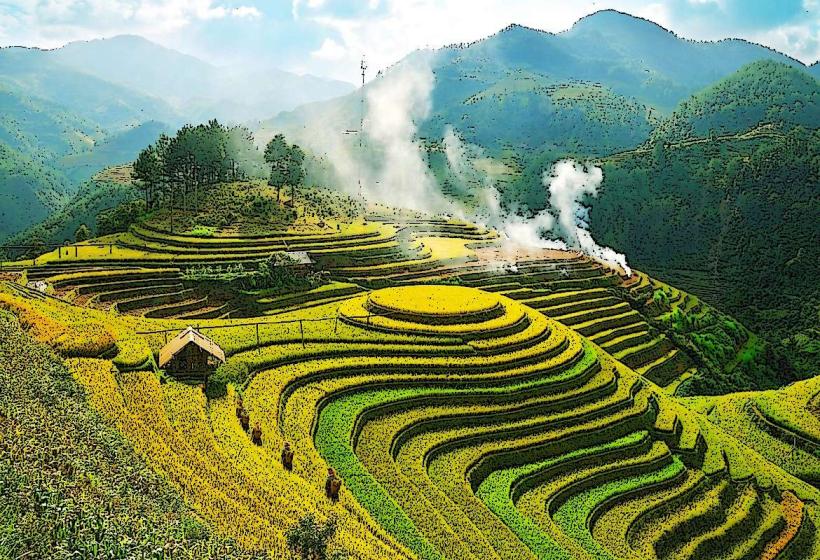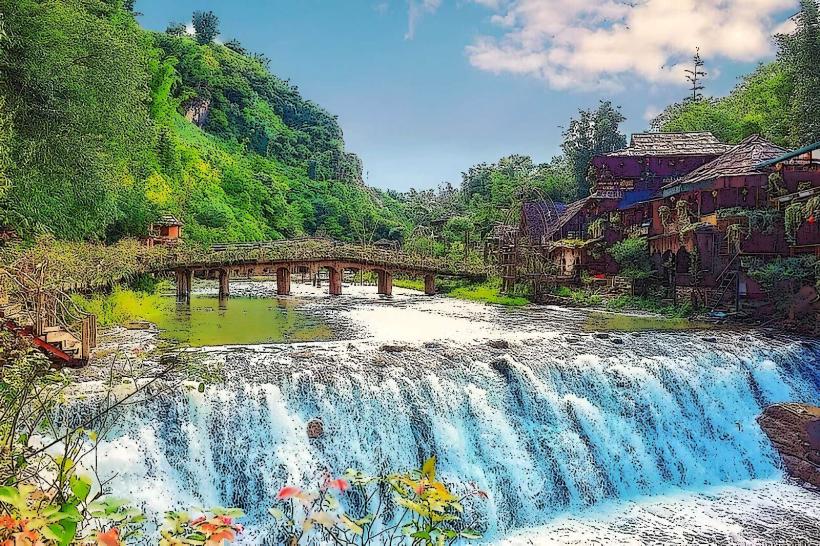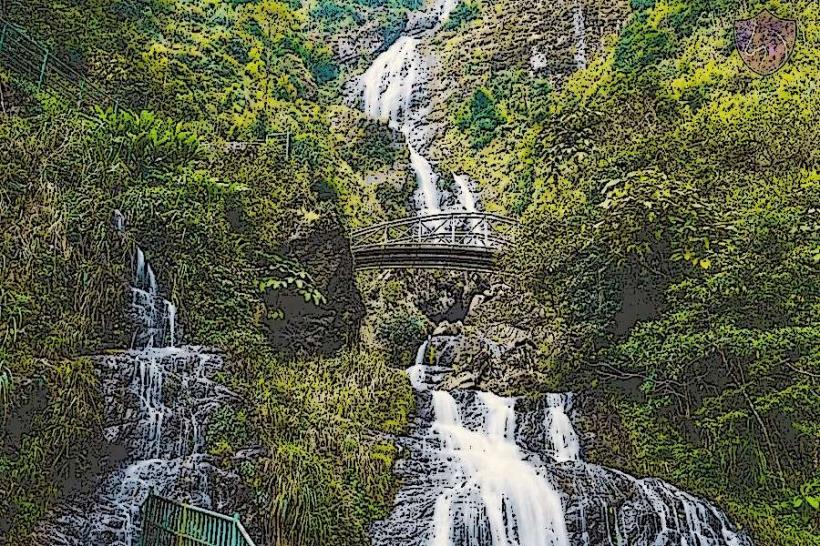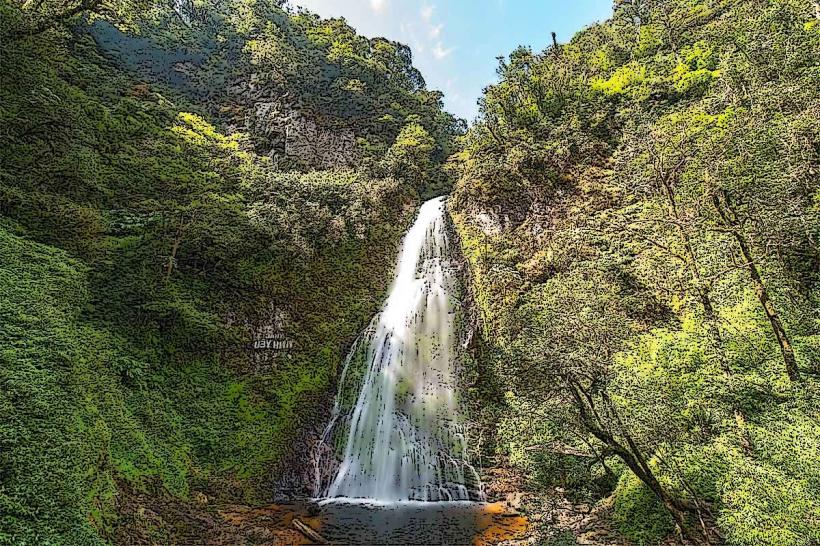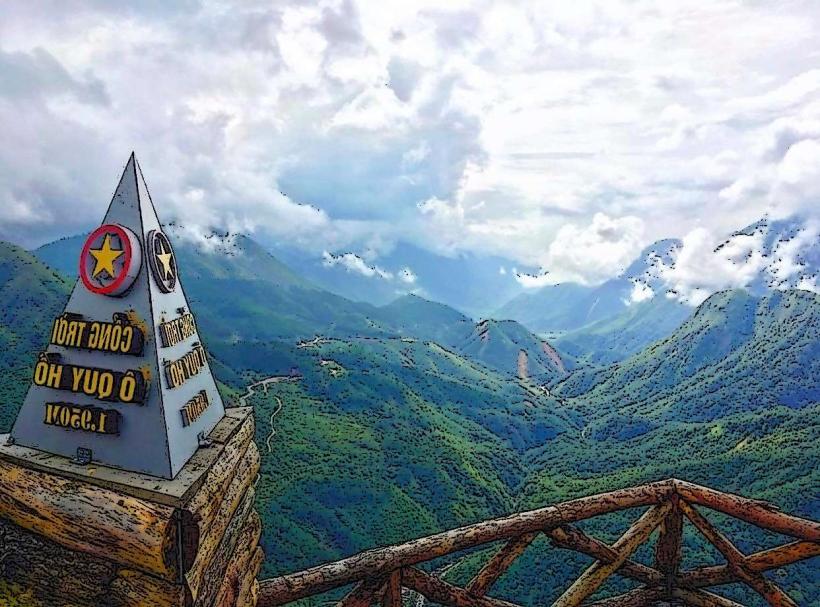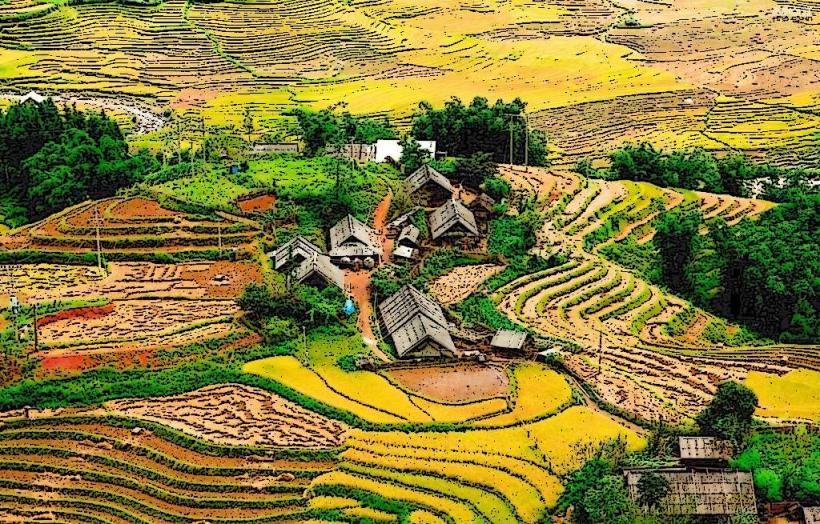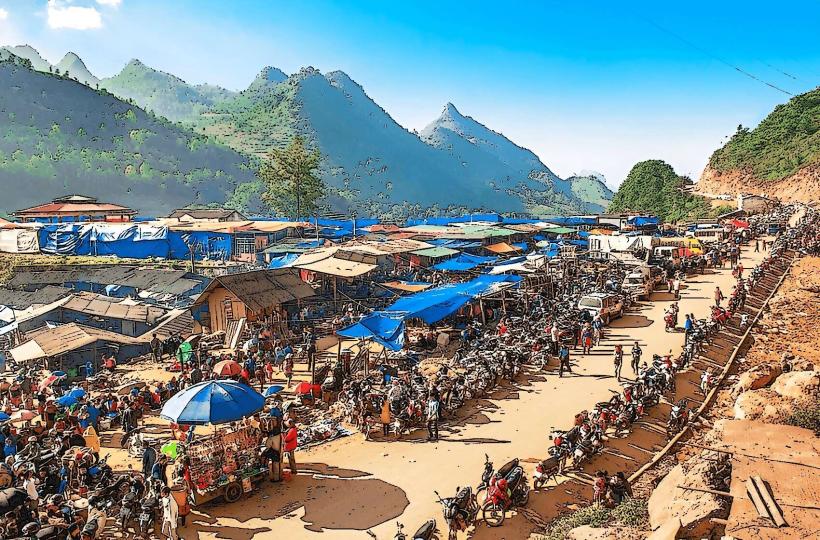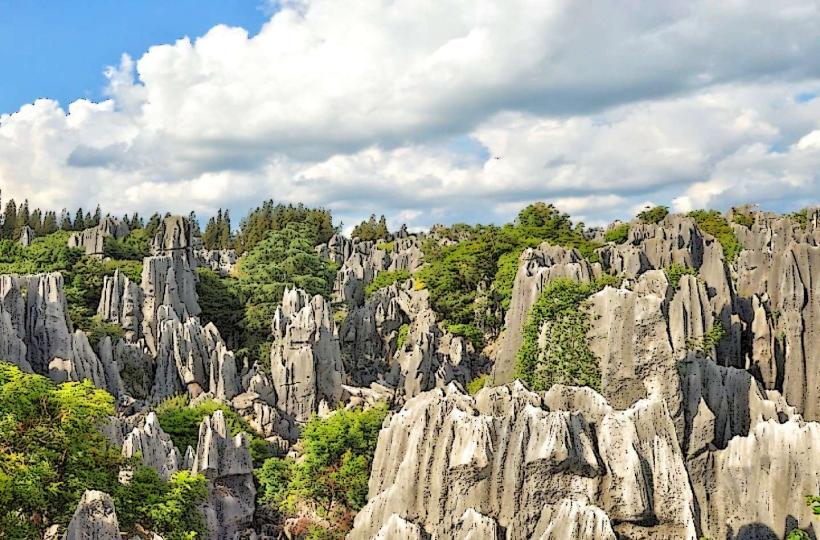Information
Landmark: Sapa Fansipan MountainCity: Sapa
Country: Vietnam
Continent: Asia
Sapa Fansipan Mountain, Sapa, Vietnam, Asia
Fansipan Mountain is the highest peak in Vietnam, located in the Hoang Lien Son mountain range near Sapa town.
It is a significant natural landmark within the Indochinese Peninsula.
Visual Characteristics
Fansipan Mountain exhibits steep, rugged slopes covered in dense tropical and subtropical vegetation. The summit area is characterized by rocky outcrops and sparse alpine flora. Cloud cover is frequent, often obscuring the upper reaches of the mountain.
Location & Access Logistics
Fansipan Mountain is situated approximately 9 kilometers southwest of Sapa town. Access is primarily via the Fansipan cable car system, which departs from the An Thang station, located about 4 kilometers from Sapa's central market. The cable car journey takes approximately 15 minutes. For those opting for trekking, trails begin from various points around Sapa, requiring multiple days and experienced guides. Limited parking is available at the cable car base station.
Historical & Ecological Origin
Fansipan is a geological formation of sedimentary rock, part of the Indochinese Fold Belt. Its ecological classification is a montane tropical and subtropical forest ecosystem, supporting a diverse range of plant and animal species, including endemic varieties.
Key Highlights & Activities
The primary activity is ascending to the summit via the cable car for panoramic views. Trekking to the summit is an option for experienced hikers, typically requiring 2-3 days. Observation decks at the summit provide vantage points. Religious structures, including pagodas and a large Buddha statue, are present near the summit station.
Infrastructure & Amenities
The cable car summit station includes restrooms, food and beverage vendors, and souvenir shops. Cell phone signal (4G/5G) is generally available at the summit station and along the cable car route. Limited shaded areas are available at the summit complex.
Best Time to Visit
The optimal period for clear views is from September to November, when rainfall is lower and skies are clearer. March to May also offers favorable weather conditions. Mornings are often clearer than afternoons, with cloud cover increasing throughout the day.
Facts & Legends
Locals refer to Fansipan as the "Roof of Indochina." A historical oddity is the mountain's relatively recent recognition as a major tourist destination, with the cable car system opening in 2016 significantly increasing accessibility.
Nearby Landmarks
- Ham Rong Mountain (1.5km Northeast)
- Sapa Lake (2.0km North)
- Sapa Market (2.5km North)
- Cat Cat Village (3.5km Southwest)
- Muong Hoa Valley (4.0km Southeast)

